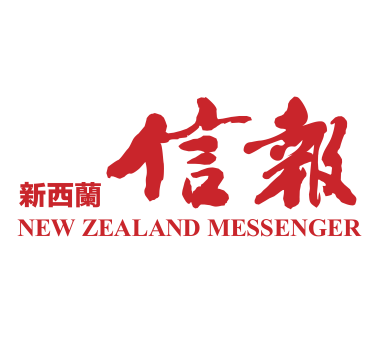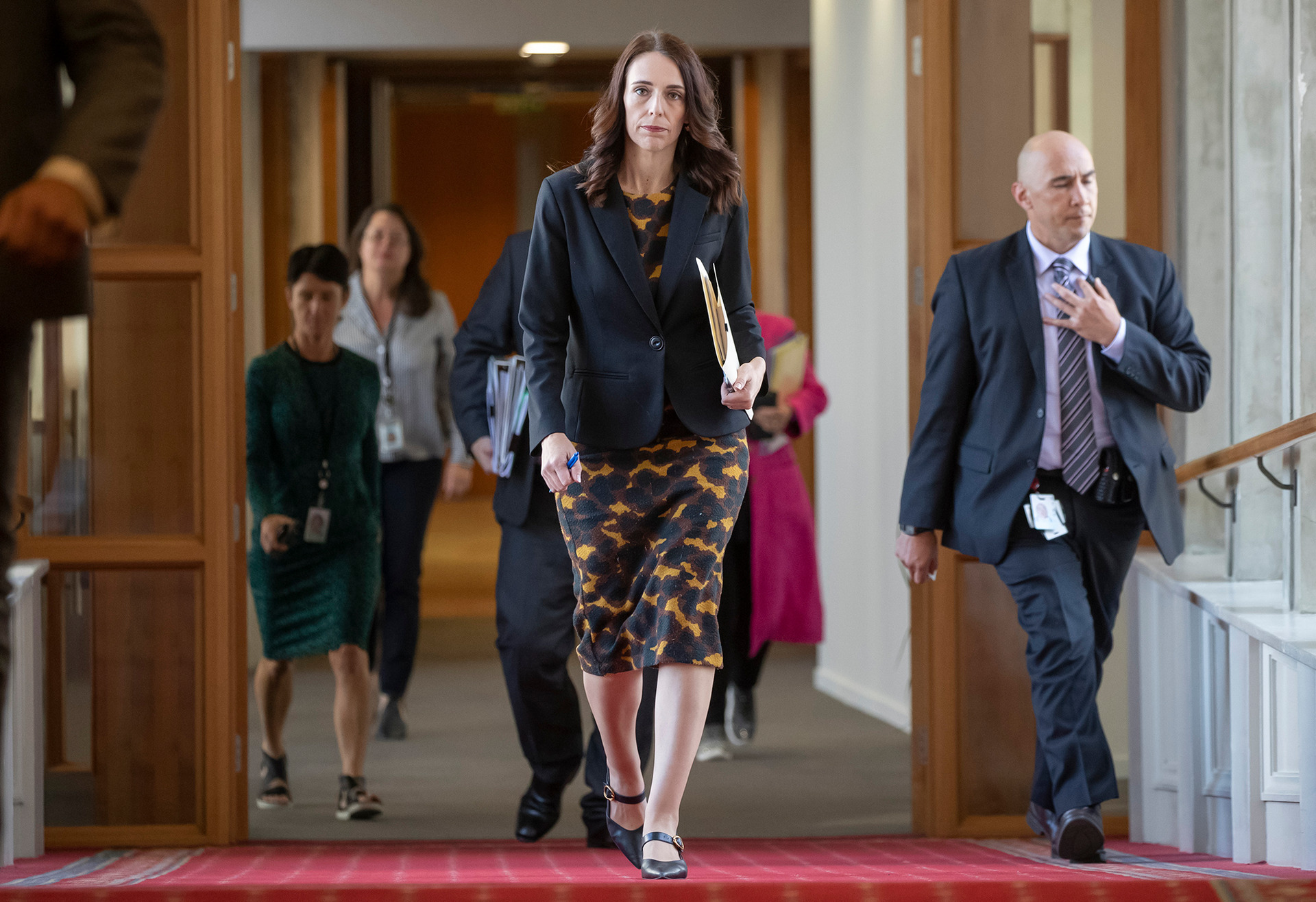- 对所有边境工作人员进行定期健康检查和无症状检测
- 定期对免隔离人员进行测试,例如空乘人员
- 对任何直接或间接接触有症状者提供检测
- 如果地区跟全国平均水平有较大差异,则必须定期检测并采取行动以增加检测数量
卫生部长大卫·克拉克博士(Hon Dr David Clark)表示,随着越来越多的新西兰人从海外赶来,政府对边境加强了新冠病毒的检测。
“疫情初期我们迅速采取行动加强检测,取得了显著成效。迄今为止,我们已经完成了340,000多次检测,按照每确诊病例的检测率来说,这在世界上都是首屈一指的。”
“目前最大的风险是成千上万的新西兰人从全球疫区返回,因此我们的检测策略将集中在加强边界管理。”
“卫生部在隔离者被隔离的第3天和第12天会对其进行检测,只有第12天测试结果为阴性才允许隔离者离开。”
“我们将优先考虑那些最有可能接触过新冠病毒的人,即边境和航空公司工作人员以及返回新西兰的人。”这些工作人员包括:
- 机场海关,生物安全,移民和航空安全方面的边防人员,以及相关工作区域的清洁人员
- 在隔离和检疫设施中工作的人员,包括将隔离者从机场载乘入境的司机
- 国际航空机组人员及海员
“在整个社区中,我们将继续检测所有跟确诊病人或疑似病人有可能密切接触的所有人。”
“鉴于当前社区中流感水平较低,需要严格监控地方医管局的新冠病毒检测率,以确保我们对获得广泛检测数据有信心,并确保社区检测达标。”
“对任何直接或间接接触有相关症状者都要提供检测,即使他们没有国际旅行或与旅行者接触的历史。这对于社区监控十分重要。”
“为确保我们的监督检测恰当,卫生部将严格监控地方医管局和不同人群的测试率,并将每周按地方医管局及族裔进行检测。”
“重要的是,我们将特别要求地方医管局采取行动增加对国家或地区平均比率有显著差异的人群进行检测。”
“卫生部还将向地方医管局明确说明政府的期望,即继续满足检测的要求很低。”
“如果您有症状但不确定该怎么办,请致电0800611 116致电健康线(Healthline)或致电您的家庭医生。
“我们相信这是最好的方法,我们也正朝着这个方向前进。但是,我们将继续审查我们的策略,以确保能在不断变化的环境中立于不败之地。”
(以上为简译,仅供参考,具体内容请见原文)
英文原文
New COVID-19 testing strategy to keep NewZealand safe
- Regular health check and asymptomatic testing of all border facing workers
- Regular testing of quarantine exempt people such as New Zealand based air crew
- Testing available for anyone presenting to primary or secondary care with any type of COVID-19 symptom
- DHBs required to regularly review and take actions to increase testing in population groups if there is significant variation to the national average in their region
The Government is stepping up New Zealand’s COVID-19 testing system at the border as more New Zealanders arrive from overseas, Health Minister Dr David Clark says.
“We took swift action at the start of the outbreak to bolster our testing and our programme has served us well to date. With over 340,000 tests done to date, we have the highest rate of tests ‘per confirmed COVID-19 case’ in the world,” David Clark said.
“The greatest risk for us now is the thousands of New Zealanders coming back from global hotspots so our testing strategy will focus on our border.
“The Ministry of Health is already testing people in managed isolation and quarantine facilities at days 3 and 12, and a negative result is required for the day 12 test before people are allowed to leave their quarantine facility.
“Under our enhanced strategy, priority for testing will be given to those who are most likely to have been exposed to COVID-19 which is our border and airline staff and those arriving back in New Zealand.
These workers include:
- Border workers in customs, biosecurity, immigration and aviation security at airports, and the people who clean at international airports or maritime ports in areas/conveniences visited by international arrivals
- Staff who work in managed isolation and quarantine facilities, including those who drive people entering the country from the airport to the facilities
- International air and maritime crew.
“Across the wider community, we will continue to test all close contacts of confirmed or probable cases.
“Given the current low levels of influenza in the community rigorous monitoring of testing rates across DHBs will be required to ensure we have confidence in equity of access to testing and also to ensure an adequate level of community testing continues.
“Anyone presenting to primary or secondary care with symptoms consistent with COVID-19 will be offered testing even if they have no history of international travel or contact with travellers. This is important for surveillance purposes.
“To ensure our surveillance testing is appropriate and equitable, the Ministry of Health will rigorously monitor testing rates across DHBs and population groups and will conduct a weekly review of testing by each DHB and by ethnic group.
“Importantly, we’ll be requiring DHBs to take specific actions to increase access to testing for population groups where there is significant variation to national or regional average rates.
“The Ministry will also make clear to DHBs the Government’s expectation that there will continue to be a low bar to meet to obtain a COVID-19 test.
“If you have symptoms and you’re not sure what to do, either call Healthline on 0800 611 116 or call your doctor.
“We are confident this is the best possible approach, and the one we will be moving ahead with into the future. However, we will continue to review our elimination strategy to ensure it remains as effective as possible in the changing environment,” David Clark said.
































